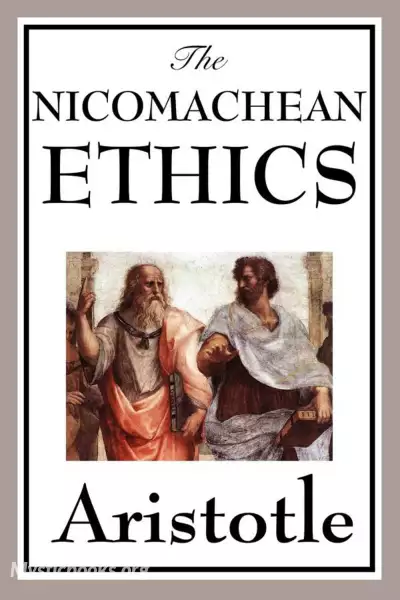
The Nicomachean Ethics
by Aristotle
'The Nicomachean Ethics ' Summary
The Nicomachean Ethics is widely considered one of the most important historical philosophical works and had an important influence on the European Middle Ages, becoming one of the core works of medieval philosophy. It therefore indirectly became very significant in the development of all modern philosophy as well as European law and theology. Many parts of the Nicomachean Ethics are well known in their own right, within different fields. In the Middle Ages, a synthesis between Aristotelian ethics and Christian theology became widespread, in Europe as introduced by Albertus Magnus. While various philosophers had influenced Christendom since its earliest times, in Western Europe Aristotle became "the Philosopher". The most important version of this synthesis was that of Thomas Aquinas. Other more "Averroist" Aristotelians such as Marsilius of Padua were controversial but also influential. (Marsilius is for example sometimes said to have influenced the controversial English political reformer Thomas Cromwell.)
Until well into the seventeenth century, the Nicomachean Ethics was still widely regarded as the main authority for the discipline of ethics at Protestant universities, with over fifty Protestant commentaries published on the Nicomachean Ethics before 1682. However, during the seventeenth century, several authors such as Francis Bacon and Thomas Hobbes, argued forcefully and largely successfully that the medieval and Renaissance Aristotelian tradition in practical thinking had become a great impediment to philosophy in their time. However, in more recent generations, Aristotle's original works (if not those of his medieval followers) have once again become an important source. More recent philosophers influenced by this work include Alasdair MacIntyre, G. E. M. Anscombe, Mortimer Adler, Hans-Georg Gadamer, and Martha Nussbaum.
Book Details
Language
EnglishOriginal Language
GreekPublished In
1976Genre/Category
Tags/Keywords
Authors
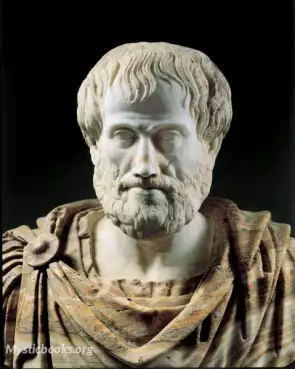
Aristotle
Greece
Aristotle (384–322 BC) was a Greek philosopher and polymath during the Classical period in Ancient Greece. Taught by Plato, he was the founder of the Lyceum, the Peripatetic school of philosophy...
Books by AristotleListen/Download Audiobook
- Select Speed
Related books
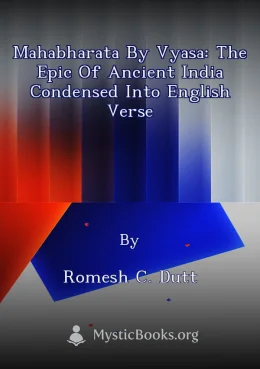
Mahabharata by Vyasa: The epic of ancient India condensed into English verse by Romesh C. Dutt
This book is an English verse adaptation of the Mahabharata, one of India's two great epic poems. The original Sanskrit epic, attributed to the sage V...

Favole di Jean de La Fontaine: Libro 11 by Jean de La Fontaine
Nei 12 volumi delle "Favole" (1669 - 1693) Jean de La Fontaine rinnovò la tradizione esopica, rappresentando la commedia umana. Quest'opera dimostrò i...
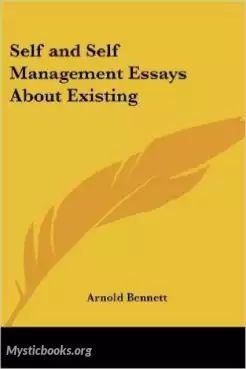
Self and Self-Management: Essays about Existing by Arnold Bennett
Bennett's essays always provide food for thought and bring a wry smile to the lips. Human nature, it appears, changes little over the ages, and Bennet...
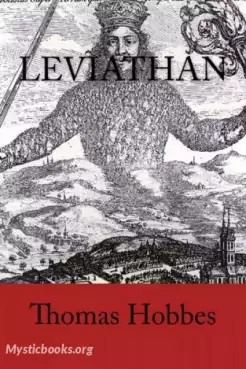
Leviathan, or The Matter, Forme and Power of a Common Wealth Ecclesiasticall and Civil by Thomas Hobbes
Leviathan or The Matter, Forme and Power of a Commonwealth Ecclesiasticall and Civil, commonly referred to as Leviathan, is a book written by Thomas H...
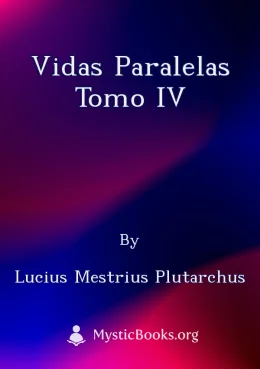
Vidas Paralelas Tomo IV by Lucius Mestrius Plutarchus
Plutarch's Parallel Lives is a collection of biographies of famous Greek and Roman figures, written in the 1st and 2nd centuries AD. The book compares...
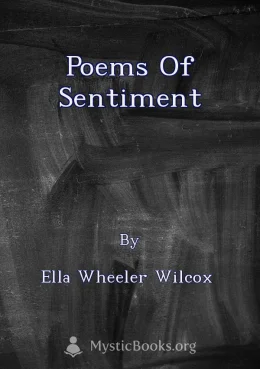
Poems of Sentiment by Ella Wheeler Wilcox
This volume of poetry explores the intricacies of human sentiment, encompassing themes of love, loss, faith, hope, and the enduring beauty of nature....
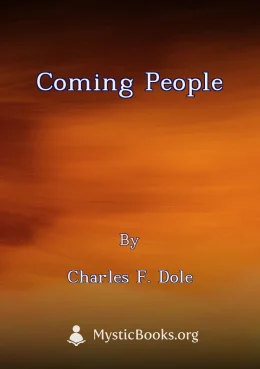
Coming People by Charles F. Dole
In "Coming People," Charles F. Dole argues that the "survival of the fittest" is not the only driving force of evolution. He believes that kindness, g...

The Philosophy of the Plan of Salvation by James Barr Walker
The book is a series of independent demonstrations, the results of which accumulate to the final conclusion, that the Christian religion is necessaril...
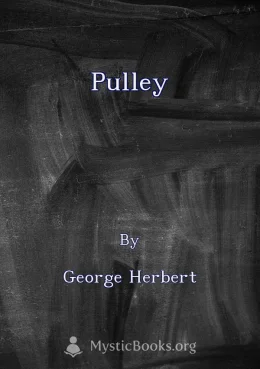
Pulley by George Herbert
LibriVox volunteers bring you 11 different recordings of The Pulley by George Herbert. This was the weekly poetry project for the week of June 15th, 2...
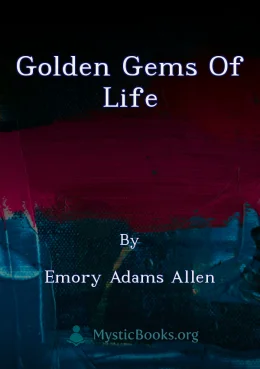
Golden Gems of Life by Emory Adams Allen
Golden Gems of Life is a collection of essays that offer timeless wisdom and practical advice on how to live a fulfilling and meaningful life. The aut...
Reviews for The Nicomachean Ethics
No reviews posted or approved, yet...